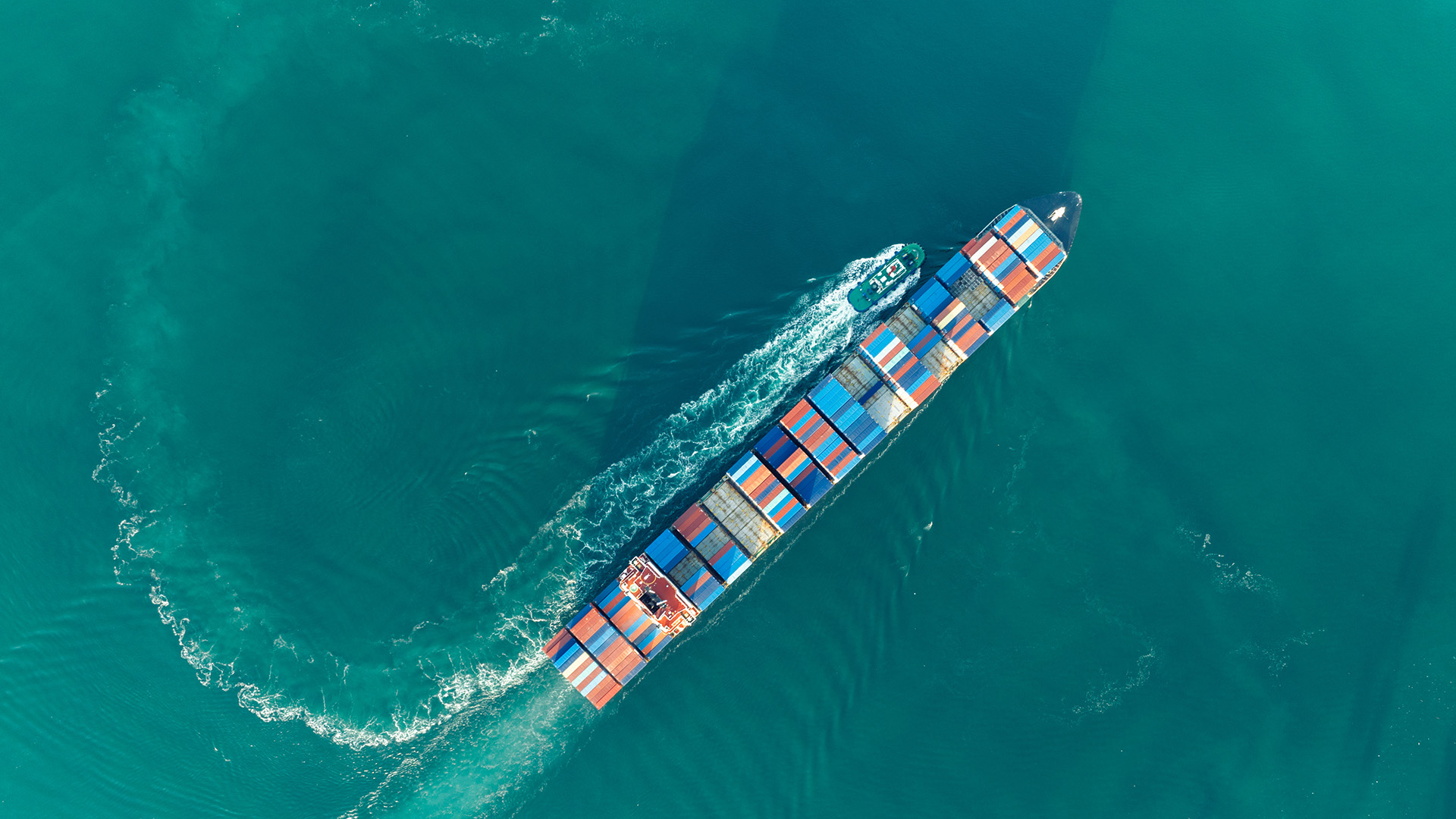Publication
US/Ukraine minerals deal: Digging into the detail
The United States and Ukraine governments have announced the signature of an agreement of a minerals deal for Ukraine.


Global | Publication | December 2023
On December 11, 2023, five US agencies (US Department of the Treasury’s Office of Foreign Assets Control (OFAC); US Department of Commerce’s Bureau of Industry and Security (BIS); US Department of Justice (DOJ); US Department of State’s Directorate of Defense Trade Controls (DDTC); and US Department of Homeland Security’s Homeland Security Investigations (HSI)) published a compliance note on “Know Your Cargo” best practices for the maritime and other transportation industries.
The quint-seal compliance note provides guidance for all companies involved in the global transport of goods—vessel owners, charterers, exporters, managers, brokers, shipping companies, freight forwarders, commodities traders and financial institutions—by highlighting common tactics employed by malign actors, recent enforcement actions taken in response to alleged sanctions and export control violations and steps that companies can take to ensure compliance with these laws. This publication comes just a few weeks after the Price Cap Coalition (comprised of the G7, the EU and Australia) issued its own advisory focused on evasion of the Russian oil price cap and the growing “shadow” trade conducted by sanctioned persons or involving sanctioned cargo, which was the subject of our previous briefing.
The compliance note identifies several red flags for companies involved in cargo trade that may indicate efforts to evade sanctions and export controls. These red flags include:
Recent enforcement actions highlighted in the compliance note reinforce the importance of monitoring for red flags. For example:
The compliance note emphasizes that companies in the maritime and other transportation industries are “strongly advised to know your cargo,” which includes instituting or confirming the existence of appropriate compliance measures that protect against certain evasive practices, especially when doing business in high-risk areas and categories of cargo. Best practices to mitigate the risk of sanctions and export control evasion in these industries include:
With respect to exports subject to the Export Administration Regulations, the compliance note underscores that while the primary responsibility for export compliance rests with the “principal parties in interest” (usually the US seller and the non-US buyer), freight forwarders and other agents acting on behalf of a principal party also must comply with US export controls in relation to such transactions. As intermediaries in the supply chain, freight forwarders represent an area of business requiring additional caution. Robust due diligence programs should consider the entire supply chain; assess transactions, counterparties and third parties; and carefully consider any red flags arising from these analyses. BIS anticipates updating its freight forwarder guidance in the future.
The quint-seal compliance note exemplifies the US government’s increased monitoring of, and enforcement against, sanctions and export control evasion. It serves as a cautionary note to companies in the maritime and other transportation industries that as malign actors seek novel ways to exploit the global supply chain, the US government will continue to employ the range of tools at its disposal—including criminal prosecution and civil penalties—to enforce US sanctions and export controls. As the sanctions and export control space continues to evolve, all companies involved in the global transportation of goods (including those involved in funding or otherwise facilitating such trade) should assess their compliance programs to ensure they are sufficiently robust and calibrated to address all relevant sources of risk.
Companies—both US and non-US—involved in global transportation industries should carefully and comprehensively consider their exposure to US sanctions. As demonstrated by recent enforcement actions, non-US persons can face potential civil or criminal liability when their transactions involve a US nexus under the theory that they are “causing” US persons to violate sanctions. Furthermore, even where their transaction has no US nexus whatsoever, non-US companies transacting directly or indirectly with sanctions targets can be exposed to the risk of designation pursuant to executive orders that authorize sanctions for providing material support to blocked persons.
Our team will continue to monitor enforcement and guidance in this space and will publish additional updates as appropriate.
Publication
The United States and Ukraine governments have announced the signature of an agreement of a minerals deal for Ukraine.
Subscribe and stay up to date with the latest legal news, information and events . . .
© Norton Rose Fulbright LLP 2025